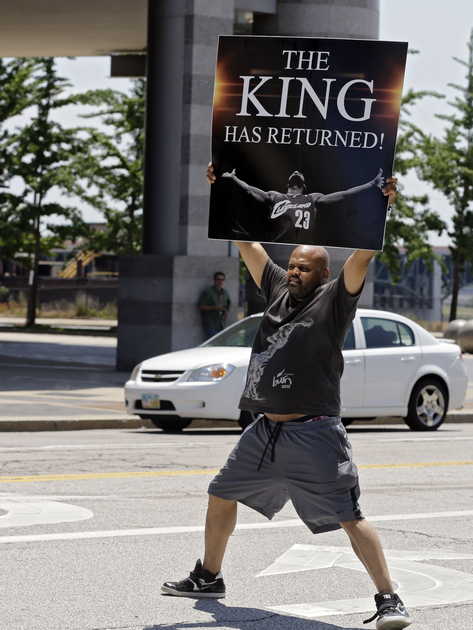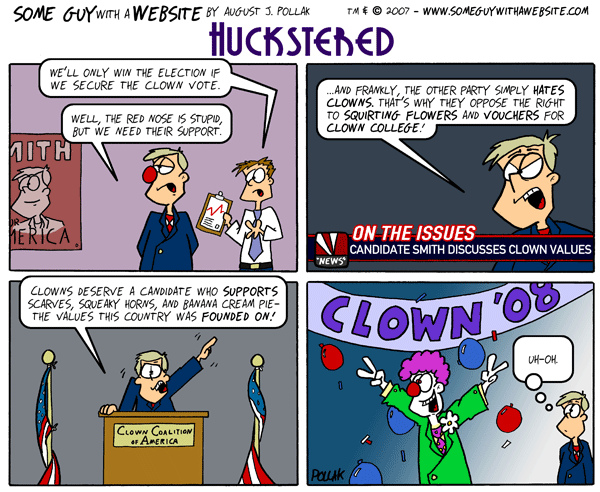 “If the reporter’s own mother was losing $90 of foods a month out of an already-meager allotment, or the reporter’s son or daughter, I very much doubt that reporter would describe that loss as merely symbolic. I don’t know that reporter thinks their own breakfast, their own lunch, or their own dinner is merely symbolic. This is real money coming out of the grocery carts of real families.”
“If the reporter’s own mother was losing $90 of foods a month out of an already-meager allotment, or the reporter’s son or daughter, I very much doubt that reporter would describe that loss as merely symbolic. I don’t know that reporter thinks their own breakfast, their own lunch, or their own dinner is merely symbolic. This is real money coming out of the grocery carts of real families.”
In Salon, former USDA official Joel Berg reads the riot act to lazy journalists and spineless Dems over the soon-to-pass Farm Bill, which cuts Food Stamps for the poor while expanding crop insurance subsidies for wealthy farms. “It infuriates me, that we live in a country with tens of thousands of actual loopholes that benefit the ultra-rich, [whereas] this is a provision authorized by law, perfectly legal, perfectly sensible, that governors of both parties have utilized…[Calling Food Stamp cuts “closing a loophole” is] basically a fabricated excuse. And it’s a smokescreen to obfuscate the fact that they’re taking food away from hungry families.”
Berg goes on: “George W. Bush proposed a billion dollars in cuts to SNAP, and virtually all these people were aghast at how horrible it is. For them to then turn around and justify cuts that are [eight] times as large as what George W. Bush proposed is a little hard to swallow. I do think our political system is basically evil versus spineless now.”
This. It’s the same dynamic you see on the NSA, on the Grand Bargain, and on countless other issues. And this is why I hard to find it to take so many Dems seriously anymore. Here’s the bill passage pablum from Senate Ag Chair Debbie Stabenow: “Congress is on the verge of taking bipartisan action that will create jobs and help reduce the deficit. This is not your father’s Farm Bill. It implements major reforms and ends unnecessary subsidies…Congress can pass a bipartisan bill that helps take us into the future and beyond the policies of the past.” And here’s the missing subtext: “Agriculture Committee Chairwoman Debbie Stabenow (D-Mich.) has received more contributions from the crop production industry than any other senator.”
Ain’t no use jiving, ain’t no use joking. Everything is broken, and we need to stop enabling it or it will never, ever get better.













